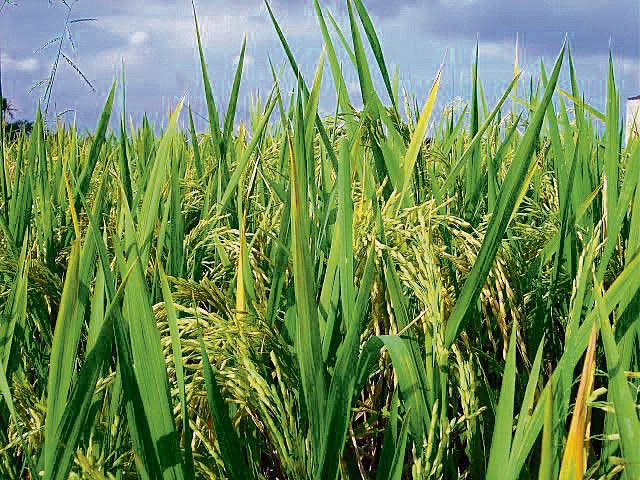Tags
Cultivating organic basmati rice can help increase exports: PAU agronomist

Basmati rice, also known as the “Queen of rice”, has an unmatched quality and aroma, thus making it an important export commodity among food grains. Agricultural and Processed Food Products Export Development Authority (APEDA) has been able to secure glycemic index (GI) of basmati cultivated areas in seven states, which also include Punjab.
“To boost the export of basmati rice from India, there is need to organically cultivate it, which is suitable in Punjab. Basmati rice is very well suited to organic management system as its nutritional requirement is low and can be met by incorporating green manure only,” said Dr SS Walia, director-cum-principal agronomist, School of Organic Farming, Punjab Agricultural University (PAU).
With the growing export demand, farmers have catered to the needs of the industry by increasing acreage under the crop. However, the detection of pesticide residues in basmati rice caused shipment and payment issues, leading to reduction in the export. The main reason behind the pesticide residues is the indiscriminate use of agrochemicals for the control of diseases and insects without considering the economic threshold levels (ETL).
Suggesting production and protection technologies for successful organic cultivation of basmati rice, Dr AS Sidhu from School of Organic Farming said, “After the harvesting of wheat, sow green manure crop of cowpea (cowpea 88) or sunn hemp or “dhaincha” using a seed rate of 20 kg per acre. The green manure crop can also be sown with zero-till drill. Incorporate around 50-days-old crop just before transplanting the basmati rice. Green manuring will fulfil the nutritional requirement of basmati crop.”
“As no herbicide is to be used in the crop so keep the water ponded for first 20-25 days after transplantation. Hand pulling of the weeds can be done, if required,” said PAU agronomist Vajinder Pal Kalra.
Marketing is the most important aspect of organic farming and more so in case of basmati rice, which is mostly consumed by those belonging to the upper-middle and upper-class backgrounds.
“To get more profit from the organic basmati rice, farmers must do self-marketing after shelling, cleaning and grading. Farmers should develop their own markets on online platforms and social media. In domestic and local markets, it can be sold as uncertified product on interpersonal faith of producer and consumer. However, selling it in the international and remote markets requires certification from any of the certification agencies accredited by the Government of India,” said Dr Walia.
https://www.tribuneindia.com/news/ludhiana/cultivating-organic-basmati-rice-can-help-increase-exports-pau-agronomist-629109Published Date: June 9, 2024







